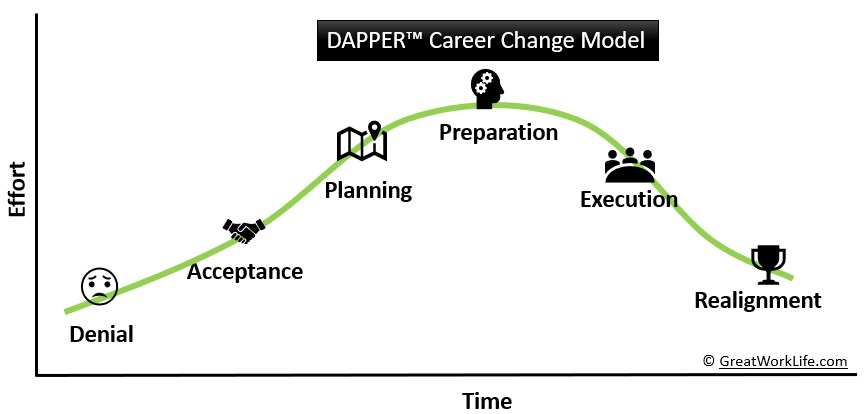
Planning your career involves thinking about where you want to go in the future. You may also need to solve organizational problems and expand your skill set. It is important that you keep track of your career achievements, set realistic long and short-term goals, and determine the best ways to achieve them. These tips will help you start your career planning.
Goal setting
Setting goals can help you improve your career and personal growth. These goals could be related to promotion, earning potential, education, creativity, and other things. You should evaluate your progress towards these goals on an ongoing basis. It will help you have a better idea of how far you have come and you will face fewer challenges as you strive to achieve them.
In addition to identifying your current goals, you should also consider your future career plans. When you are in your early career, it can be hard to create a long-term career plan. As an example, you might not know what type of work or career paths you want. However, reflecting on your long-term goals can help you determine what you truly want out of your career and work.
Maintaining a record of achievements in work
It is important to keep track of your work accomplishments when you are planning your career. You can then show potential employers your achievements and leverage them to get a better salary. You might be able to prove that you have won an award, or that you are an active member of an organization. This documentation will also prove your qualifications. This is a good way to boost your self-esteem and confidence.

One benefit of keeping track your work achievements and information is that you can refer to it during performance appraisals. It can also be helpful in building your online presence. You can create a spreadsheet to document major work accomplishments, complete with a short description and date.
Setting realistic short-term and long-term career goals
You can set short-term or long-term career goals, regardless of whether you're a student, working adult, or an aspiring professional in a particular field. The short-term career goals can be smaller and more easily achieved, while the long-term goals take more effort, patience and time.
Long-term career goals require more planning and commitment, as they are typically more ambitious and far-reaching. It might take several years for them to be achieved. It can take several years to earn a degree. A degree is usually the first long-term goal people set.
Finding the right means to reach your goals
Planning your career involves identifying the best ways to reach your goals. You can then clarify your long-term as well as short-term goals. You could, for example, take public speaking classes and learn how to speak on stage. You can also learn programming languages, if your goal is to become data analyst. It's important that you have clear goals.
Goals may relate to various areas of your life, such as family, finances, artistic, and physical goals. Sometimes, goals can be directly related with your career, like a promotion in an organisation. Others may be related to family life, or perhaps good health in old age.

Asking for guidance from a senior staff member
It can be a great way for you to learn new skills and get guidance from senior employees. First, review your job description to determine the career path that you would like to take. Once you have a clear idea of your goals, you should create a plan to present it your manager. Your manager and you should have a conversation that is open and honest.
Although career pathing involves an upfront investment by the employer, it is well worth it in terms of employee engagement. LinkedIn Learning reported that 94% employees would be happy to stay at their company if the employer invested in their future. This is because employees who don't know their career path are more likely than others to be unhappy in their jobs and look for other employment.